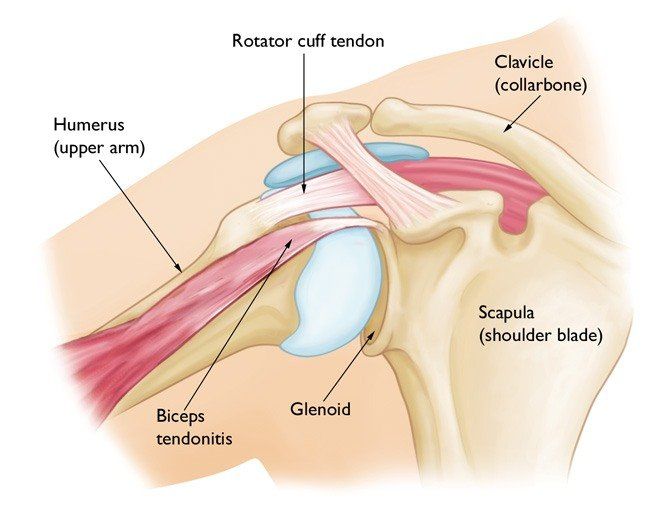SHOULDER INJURY or DISLOCATION
|
Causes
Trauma not related to sports. A hard blow to your shoulder during a motor vehicle accident is a common source of dislocation. Falls. You may dislocate your shoulder during a fall, such as from a ladder or from tripping on a loose rug. |
|
Symptoms
A visibly deformed or out-of-place shoulder Swelling or bruising Intense pain Inability to move the joint
|
|
When to see a doctor!!
|
|
While you're waiting for medical attention: Don't move the joint. Splint or sling the shoulder joint in its current position. Don't try to move the shoulder or force it back into place. This can damage the shoulder joint and its surrounding muscles, ligaments, nerves or blood vessels. Ice the injured joint. Applying ice to your shoulder can help reduce pain and swelling by controlling internal bleeding and the buildup of fluids in and around your shoulder joint. |
|
How We Treat
|
After medical intervention rehabilitation protocol should be started. Rehabilitation protocol includes-progression and supervised therapeutic exercises, electrotherapy modalities, proprioception exercises. |
